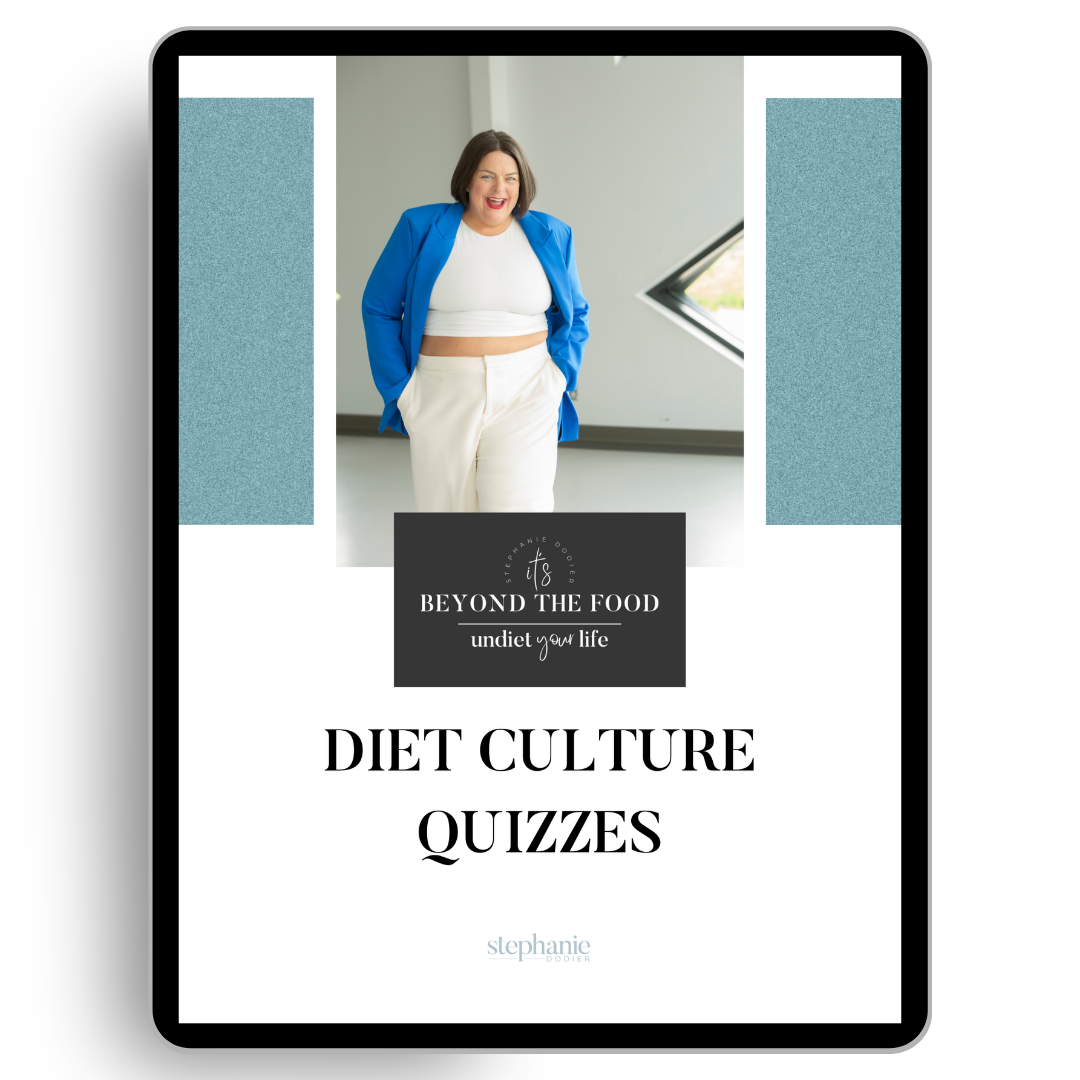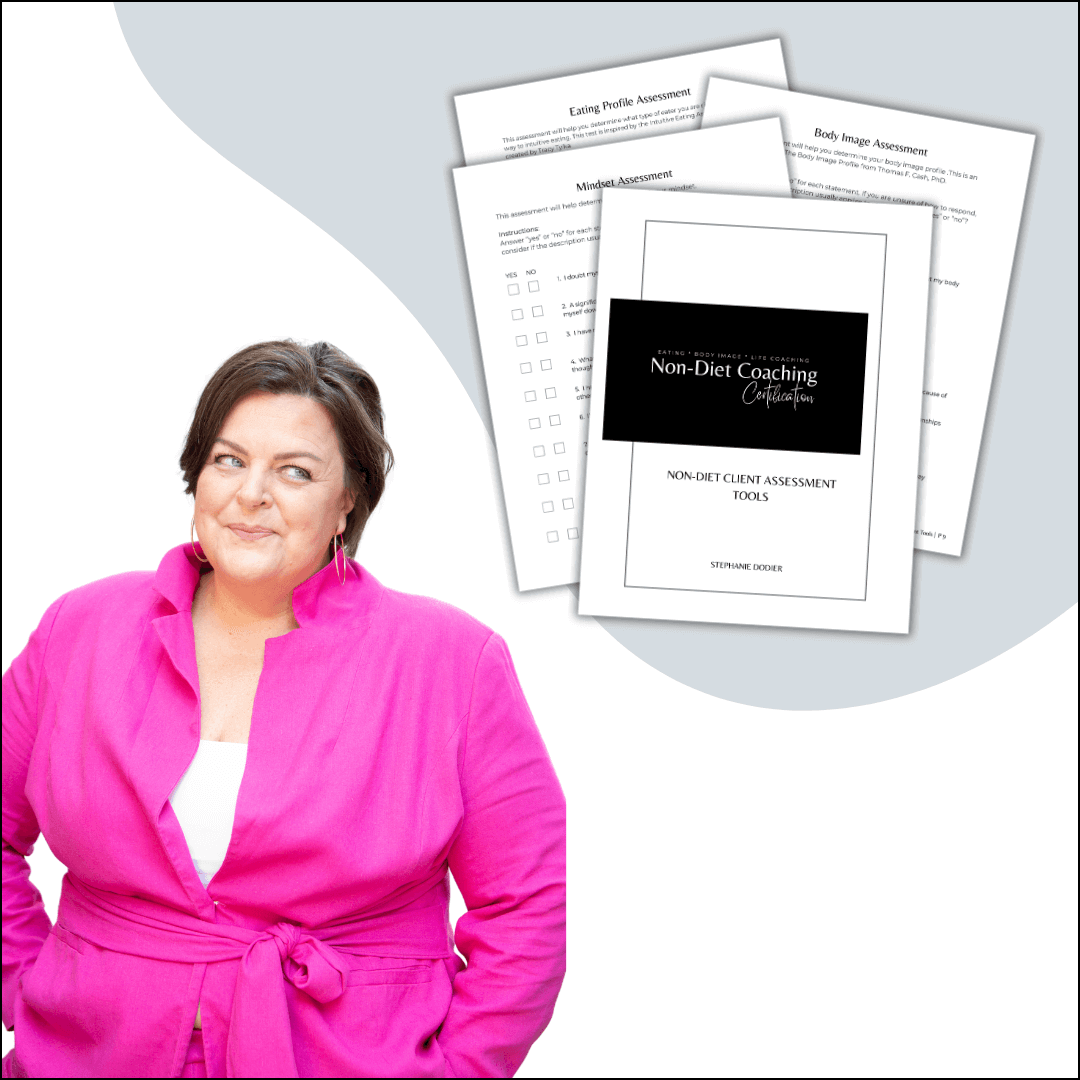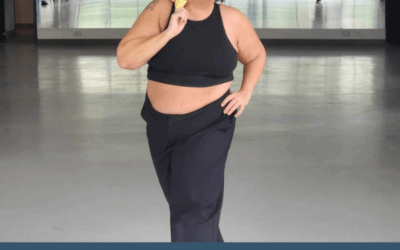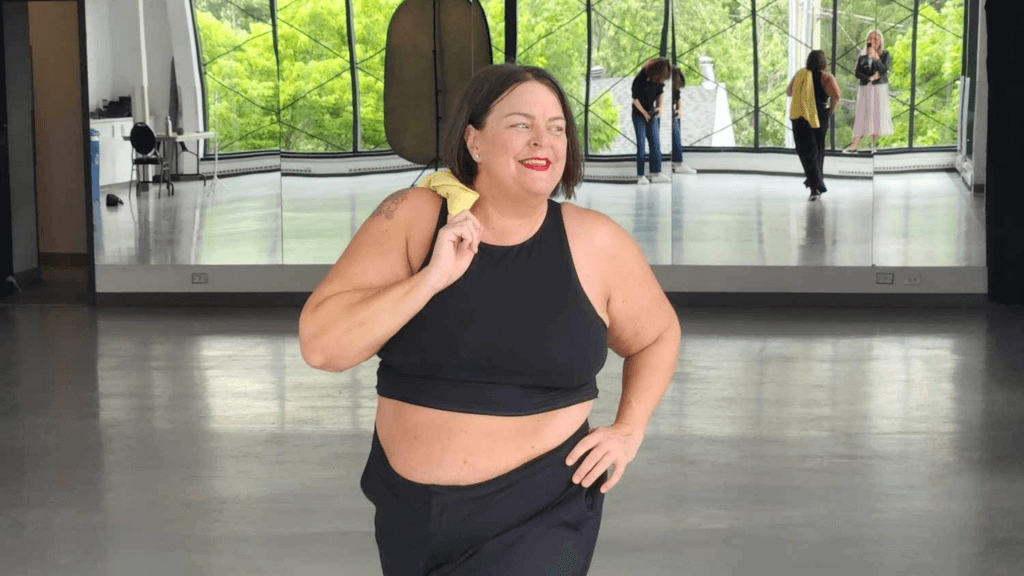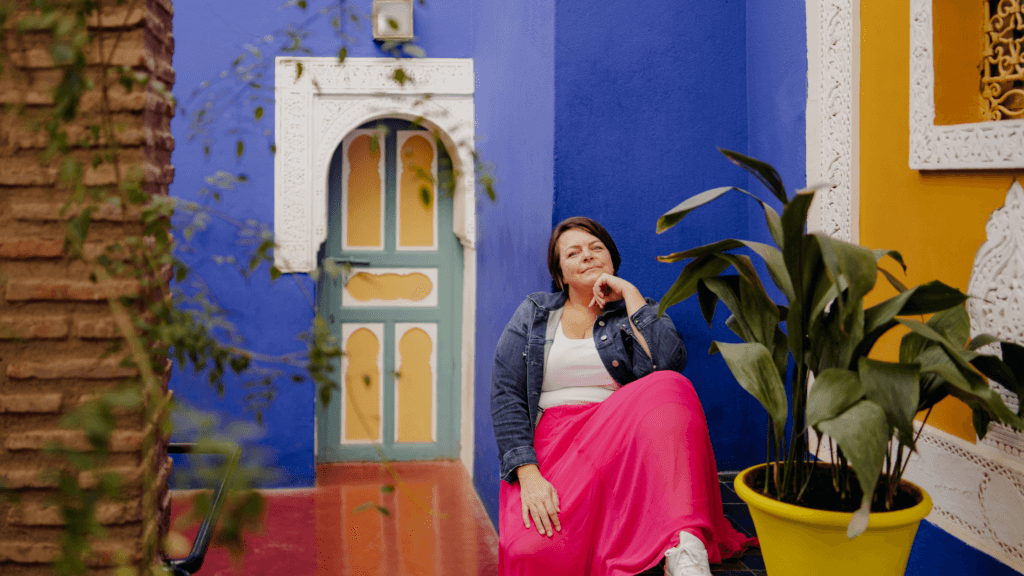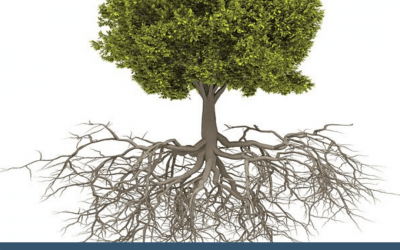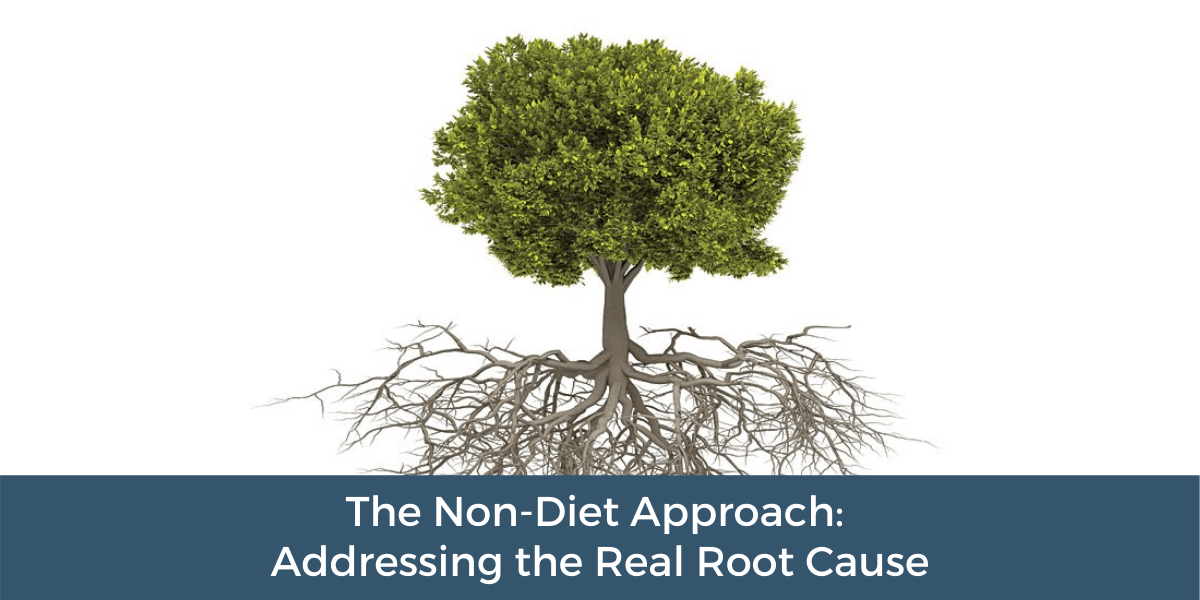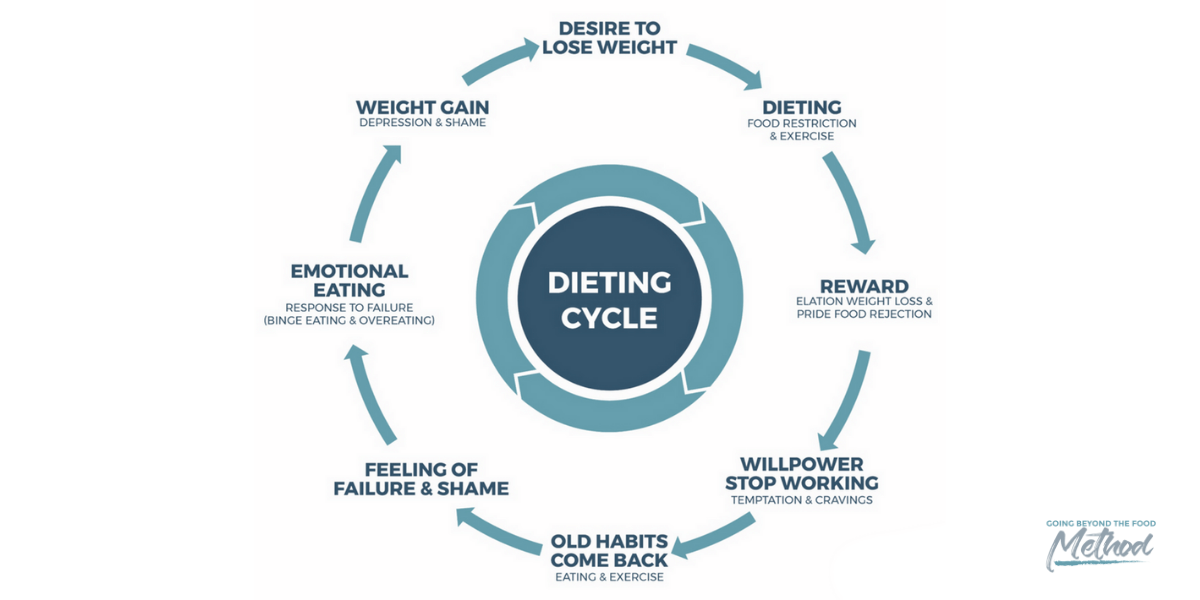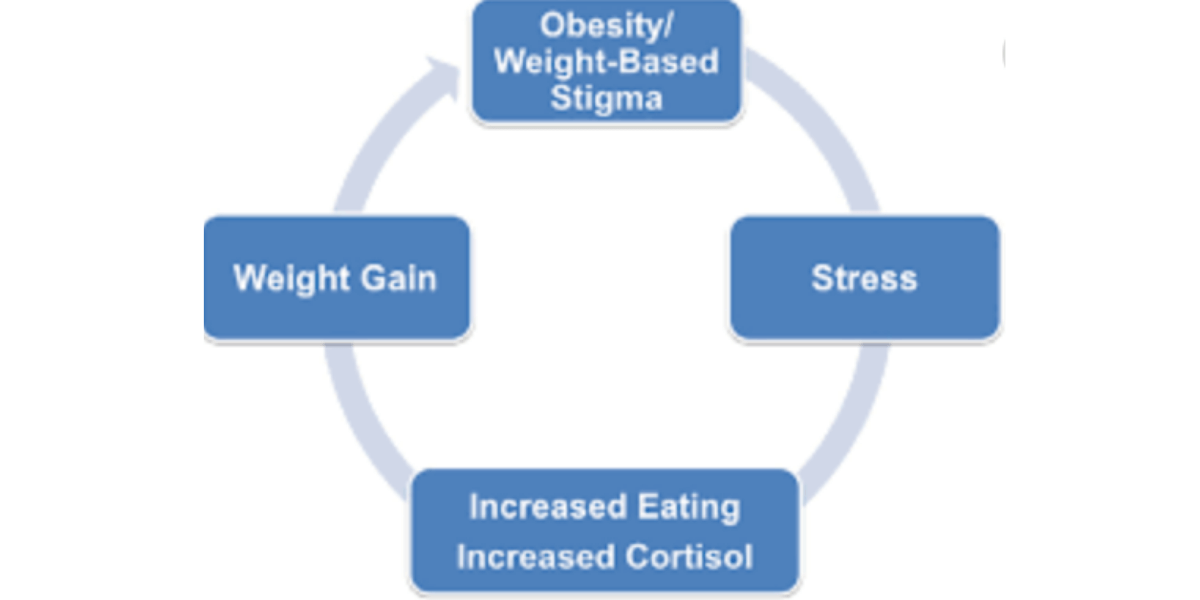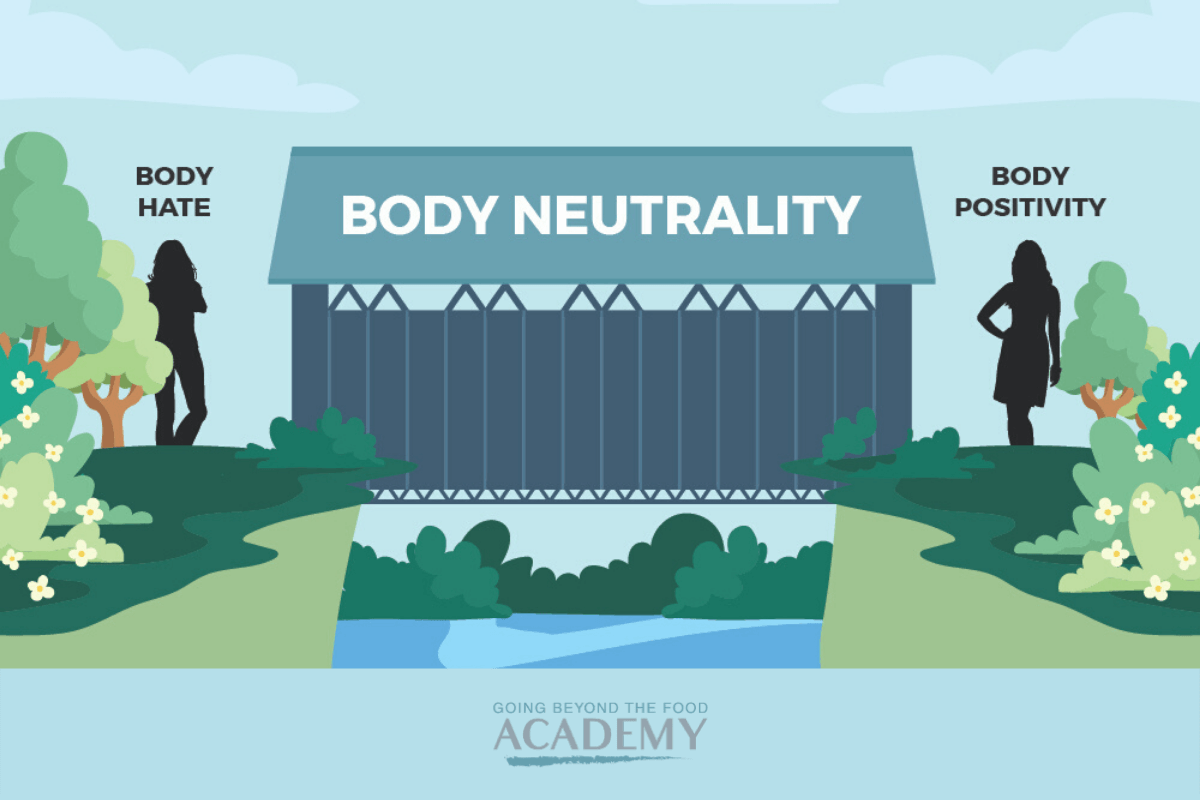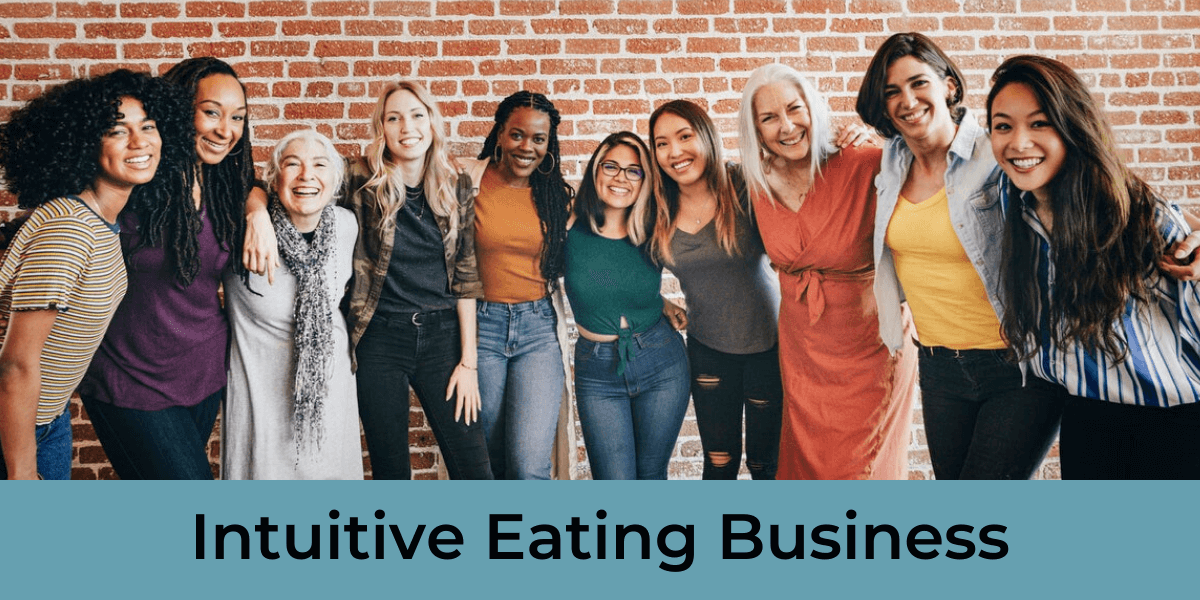When I first started in my nutrition practice the term “non-diet approach” didn’t even cross my mind. “Anti-diet approach” didn’t even exist. Unbeknown to me, I was practicing the “diet approach to nutrition” simply because that’s what was taught in health & nutrition school.
Fast forward close to 10 years now, a lot have changed. The non-diet approach is growing rapidly, so has the anti-diet approach and intuitive eating is booming.
So, let’s discover what is the non-diet approach.
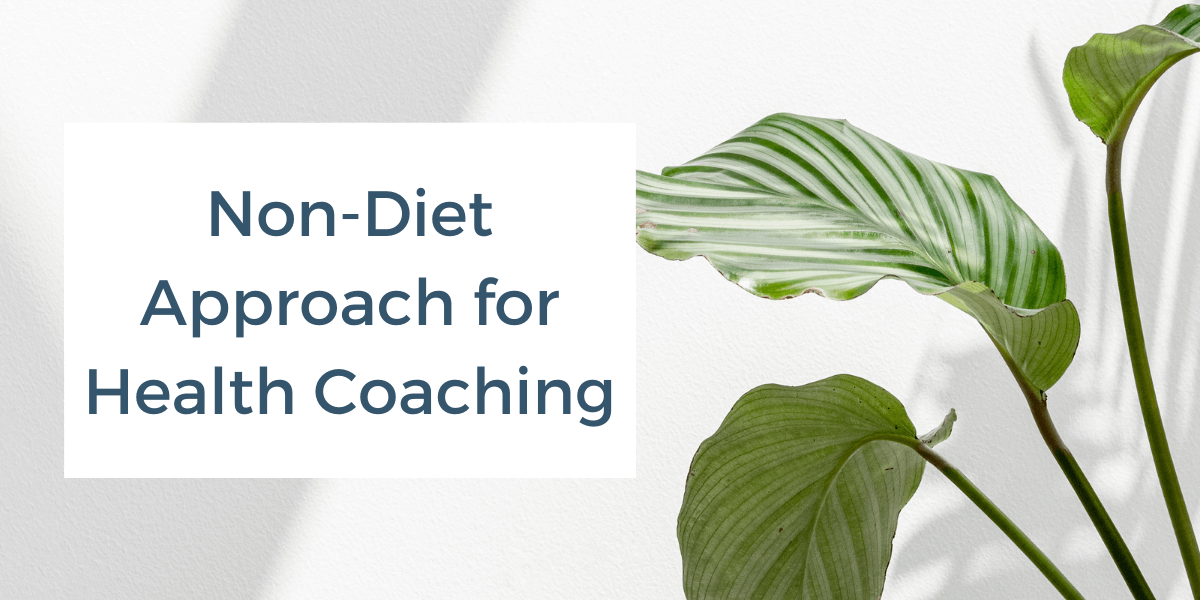
Core values of the non-diet approach
The pillars of the non-diet approach
Non-diet approach training for professionals
What is the non-diet approach?
The non-diet approach to health coaching & nutrition is the exact opposite of dieting. It recognizes that food, eating and body weight aren’t the problem to be fixed. It’s a weight-neutral approach to health instead of focusing on a weight-oriented outcome. This approach focused on all the other factors that can impact one’s health beyond body weight. In other words, the ultimate goal is to support the patients to become their own experts at their bodies.
The Going Beyond The Food Method™️ is our proprietary methodology that helps women to recover from diet culture and learn the non-diet way of life. Firstly, our 4 pillars are Body Wisdom, Body Trust, Body Respect, and Body Neutrality. Secondly, our framework is composed of 5 steps process: Intuitive eating, Body Neutrality, Self-Coaching, Emotional Intelligence, and Mindfulness.
Core values of the non-diet approach
The non-diet approach to health coaching and nutrition holds key core values: Fundamentally, it recognizes that diets do not work. It’s holistic in nature. It is focused on the Why not the What, it’s focused on finding solution that are based on love and compassion. Moreover, it believes that all humans and bodies are worthy.

Diets don’t work
A 2016 study by researchers at UCLA studied 40,420 adult participants in the most recent U.S. National Health and Nutrition Examination Survey. Researchers looked at the participants’ health as measured by six accepted metrics (not including BMI). These metrics are blood pressure, cholesterol, triglyceride, glucose, insulin resistance, and C-reactive protein.
The study found that 47% of people classified as overweight by BMI and 29% of those qualified as obese were healthy based on at least five of those other metrics.
Meanwhile, 31% of normal-weight people were unhealthy by two or more of the same measures.
A number of research studies show that weight loss is not necessary to improve physical health. Studies have also found that fitness is more predictive for mortality than weight. This study defined ‘fit’ as 3-4 hrs per week of walking.
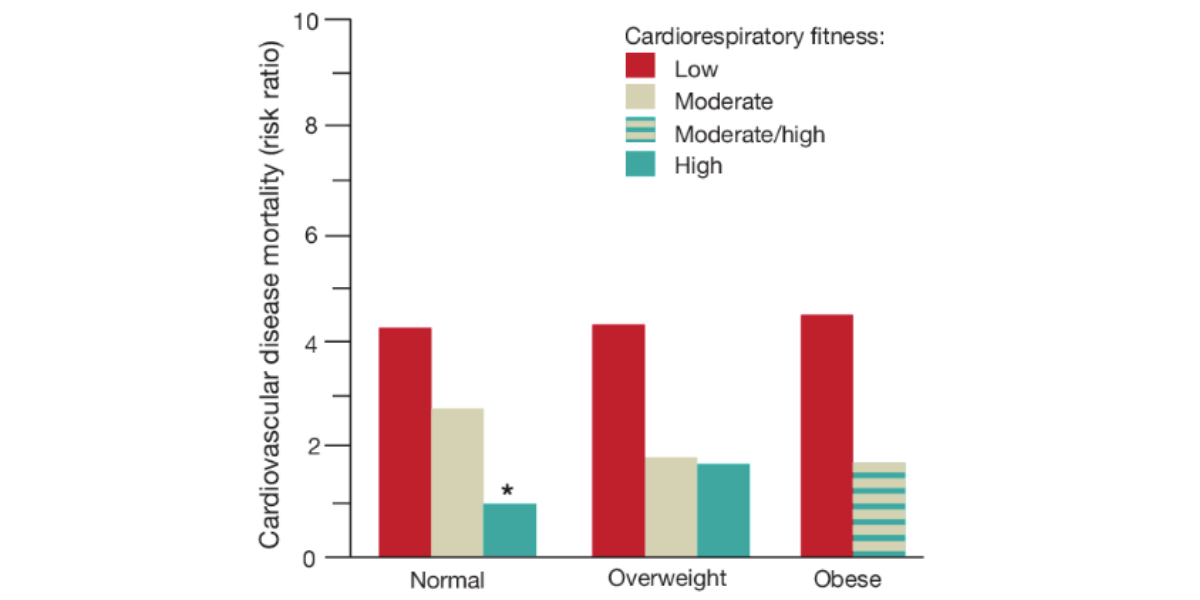
Note: “Fit” is not synonymous with “thin” or “lean.” That’s Diet Culture. Being fit means being in good health, especially because of regular physical movement.
Furthermore, trying to change your health status simply by losing weight has not only proven to be an ineffective approach but also carries potential negative side effects to your health. The focus on intentional weight loss via dieting can be harmful. Multiple studies demonstrate negative side effects of dieting behaviors. The three most documented negative effects are weight cycling, disordered eating, and weight stigma.
The non-diet approach for health coaching is holistic
The World Health Organization defines health as “a complete state of physical, emotional, and social well-being, not merely the absence of disease or infirmity.” The non-diet approach is a weight-neutral approach to health is based on the idea that your health status or risk level can’t be determined solely by your weight.
Instead it recognized that humans are more than a physical body: mental, emotional, spiritual and physical human bodies.
Its focus is on the WHY instead of the WHAT
The non-diet approach looks at the root cause of the behaviors. For example, when considering nutrition it considers why the individual is eating instead what the individual is eating. What we eat, how we eat and when we eat come second to why we eat.
Compassion versus fear-based threat
The non-diet approach will help the client switch his approach to health behavior to one of compassion for self. It will help form a relationship of respect towards one’s body helping the client to make choice based in love for body and self instead of fear (fear of disease, fear of weight gain, fear of other people opinion, etc…)
All humans are worthy; All bodies are worthy
The non-diet approach is grounded in the fact that all humans are worthy therefore all bodies are worthy. The non-diet recognizes the danger to one’s health when face with any stigma, discrimination or prejudice.
Therefore, the non-diet approach must be anti-discriminatory: anti-fatphobia, anti-racist, anti-sexist, anti-transphobia, anti-classist, non-binary, etc.
The pillars of the non-diet approach for health coaching
When practicing the non-diet approach to health and nutrition with clients, practitioners must follow a sequential order in their approach. Although adaptable in nature, some fundamental pillars must be in place
1. Investigation of belief and history
The first step is for the practitioner to have a clear understanding of the current state of their clients/ patients relationship to food and body. A number of assessments are available: Intuitive eating assessment, Body Acceptance Assessment and Dieting Impact Inventory.
Next, the practitioner will help the client understand how they go to be where they are right now using a dieting timeline. It’s very important for the patient to understand that it’s not their fault but instead diet culture.
2. Mindset & Unlearning Diet Culture
The next phase of the non-diet approach is the most important: unlearning. Unlearning the diet mindset, dogmatic beliefs about food and exercise, the thin ideal, etc..
When we trained professional inThe Going Beyond The Food Method™ our practitioners are trained in a Cognitive Behavior Therapy approach called Self-Coaching. This will be the tool they will teach their client to help them unlearn Diet Culture.
3. Attunement & Reconnecting
As the client progress in unlearning diet culture the next steps will be to help patient to reconnect with their body via body sensation. Using various mindfulness approach our graduates of our non-diet certification have a number of tools available to them to teach their client attuned with their body.
The first set of sensations we focus on with the clients are eating cues: hunger, fullness and satisfaction. Gradually, clients will be able to trust their own ability to read and interpret their innate body sensations.
4. Emotional Intelligence & Processing
As the client gets more attuned to her own innate body wisdom, the focus will shift to building skills set to process emotions & feelings. One of the most effective tools for this step is deconstruction of the eating behavior using two questions: What am I feeling? and What do I need?
The outcome of these pillars is to build emotional intelligence and shift the individual engagement with their emotions from Reacting to Responding.
5. Empowerment & Relearning
The non-diet approach is truly beyond the food and this next pillar is the reason behind this powerful transformative process.
To help build empowerment, the process of habituation will be use to help client regain power over fear foods. Gradually reclaiming their power at first with food and naturally expanding their empowerment to other part of their life using their inner wisdom.
6. Respect & Liberation
In this last step practitioner will support client in the process of rebuilding a relationship of respect with their own body. Engaging in body image healing using body neutrality and Health At Every Size approach to help build an inventory of health promoting behaviors.
At this point in the process client is also ready to re-engage with food using a gentle nutrition philosophy and with exercise using a joyful movement approach.
Non-diet approach training for professional
We have created a number of free non-diet approach training resources to help you begin learning more about this revolutionary health approach. Join my non-diet professional community by requesting our non-diet professional starter pack.
You can also listen to our non-diet podcast.
The non-diet approach mentorship program
The Going Beyond The Food non-diet approach mentorship program is a space where you can receive support guidance to become the best non-diet professional. It’s a program geared to refine your non-diet professional skills set and teach you the skills you need to build a successful business that can impact thousands of women. It will help you develop as a powerful leader and help other women come back to their power. You will learn how to harness your ability to support and help other women. As a result, you can impact thousands of other women and dismantle diet culture.

Non-Diet Approach FAQs
The non-diet approach to health & nutrition is the exact opposite of dieting. It recognizes that food, eating and body weight aren’t the problem to be fixed.
It’s a weight-neutral approach to health instead of focusing on a weight-oriented outcome. This approach focused on all the other factors that can impact one’s health beyond body weight. In other words, the ultimate goal is to support the patients to become their own experts at their bodies.
The non-diet approach to health and nutrition holds key core values: Fundamentally, it recognizes that diets do not work. It’s holistic in nature. It is focused on the Why not the What, it’s focused on finding solution that are based on love and compassion. Moreover, it believes that all humans and bodies are worthy.
1. Investigation of belief and history
2. Mindset & Unlearning Diet Culture
3. Attunement & Reconnecting
4. Emotional Intelligence & Processing
5. Empowerment & Relearning
6. Respect & Liberation
We have created a number of free non-diet approach training resources to help you begin learning more about this revolutionary health approach. Join my non-diet professional community by requesting our non-diet professional starter pack.
You can also listen to our non-diet podcast.
The Going Beyond The Food non-diet approach mentorship program is a space where you can receive support guidance to become the best non-diet professional. It’s a program geared to refine your non-diet professional skills set and teach you the skills you need to build a successful business that can impact thousands of women.


